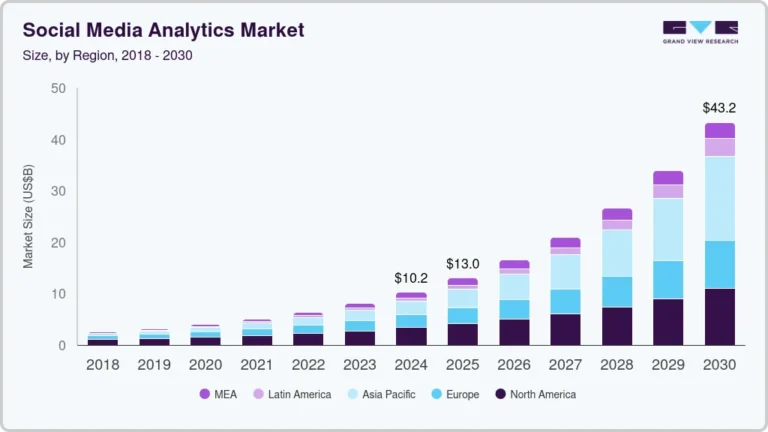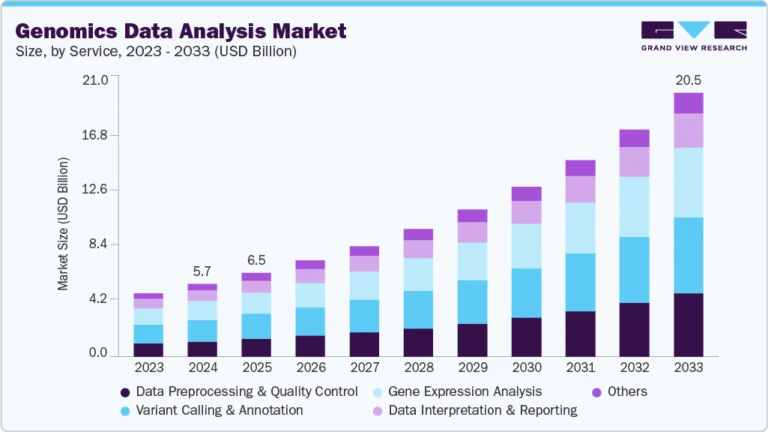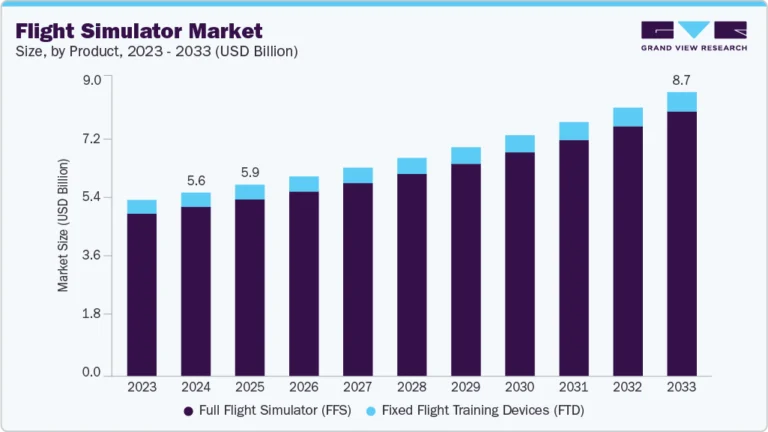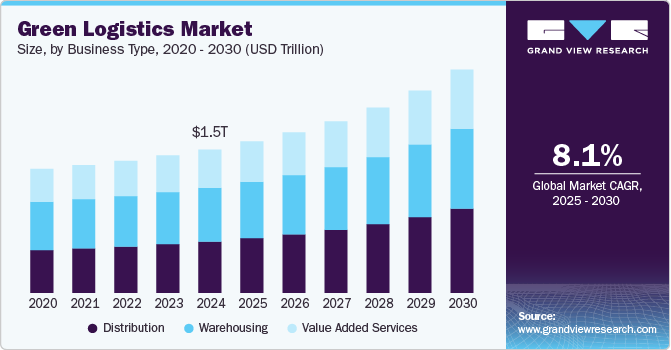Mass Flow Controller Market Size, Share & Trends Analysis growing at a CAGR of 13.3% from 2024 to 2030
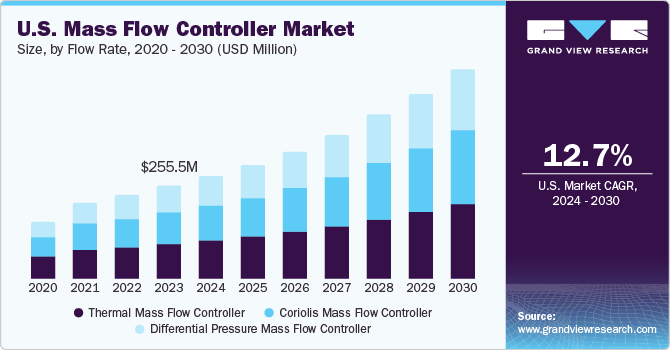
The global mass flow controller market size was estimated at USD 1.49 billion in 2023 and is projected to reach USD 3.50 billion by 2030, growing at a CAGR of 13.3% from 2024 to 2030. The mass flow controller (MFC) market is driven by the rising demand for automation and the globalization of industries.
Key Market Trends & Insights
- North America held a significant share of 21.8% in the market in 2023.
- The U.S. market held a market share of 17.2% of the global market in 2023.
- By type, the thermal mass flow controller segment led the market with a share of 37.7% in 2023.
- By flow rate, the low flow segment led the market with the largest revenue sharein 2023.
- Based on end use, the semiconductor segment dominated the market in 2023.
Market Size & Forecast
- 2023 Market Size: USD 1.49 Billion
- 2030 Projected Market Size: USD 3.50 Billion
- CAGR (2024-2030): 13.3%
- North America: Largest market in 2023
- Asia Pacific: Fastest growing market
Request a free sample copy or view report summary: https://www.grandviewresearch.com/industry-analysis/mass-flow-controller-market-report/request/rs1
Moreover, the increasing investment in the technological advancements is also driving the market growth. Mass Flow Controllers are precision instruments designed to measure and control the flow rate of gases in various industrial processes. These devices are critical in ensuring accurate and consistent fluid flow, essential for maintaining optimal conditions in applications ranging from semiconductor manufacturing to healthcare and environmental monitoring. MFCs are equipped with a specialized flow rate measurement section comprising a sensor, a bypass, a flow rate control valve, and specialized circuitry. The gas input is directed through an inlet joint, which splits the gas flow to pass over the flow rate sensor and bypass. The sensor gauges the mass flow rate of the gas, and the flow rate control valve adjusts the flow rate to achieve a zero difference between the measured flow rate and the rate of flow received from the external flow rate-setting signal.
The increasing trend towards industrial automation across various sectors is driving the demand for the mass flow controller market. As industries aim for greater efficiency, reliability, and precision in their processes, the role of automated systems becomes crucial. Mass flow controllers precisely control gas flows within automated processes, ensuring consistency and accuracy. In industries such as semiconductor manufacturing, pharmaceuticals, and biotechnology, where precision is of the utmost importance, integrating mass flow controllers into automated systems enhances the overall efficiency of production lines. Adopting automation improves the repeatability of processes and reduces the risk of human errors. This trend is expected to persist as industries continue to embrace Industry 4.0 principles and smart manufacturing, further fueling the growth of the mass flow controller market.

